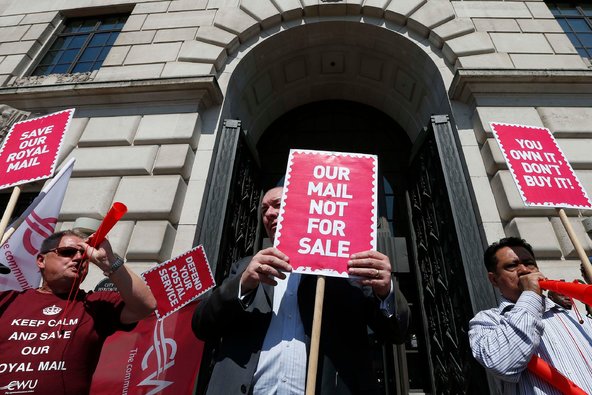The Irish airline said it would overhaul the way it communicates and be more lenient about fining customers over luggage sizes.
“We should try to eliminate things that unnecessarily” irritate people, Michael O’Leary, Ryanair’s chief executive, said at the company’s annual meeting after several shareholders complained about the impact of customer service on sales.
He said the airline would overhaul its Web site, set up a new team to respond to e-mail and stop fining customers whose carry-on baggage exceeded maximum sizes by a matter of millimeters.
“A lot of those customer-services elements don’t cost a lot of money,” Mr. O’Leary said. “It’s something we are committed to addressing over the coming year.”
While Ryanair’s focus on cost-cutting has helped it to grow — it flew more scheduled international passengers last year than any other airline — shareholders said the company’s reputation for poor customer service was limiting its room for growth.
“I have seen people crying at boarding gates,” said Owen O’Reilly, a shareholder. “There is simply something wrong there that needs to be addressed.”
Mr. O’Leary, who for years has played down such complaints, citing statistics about revenue growth and on-time departures, nodded as other shareholders told anecdotes about being verbally attacked at dinner parties and having family members who refused to fly Ryanair.
“I am very happy to take the blame or responsibility if we have a macho or abrupt culture,” he said. “Some of that may well be my own personal character deformities.”
Mr. O’Leary said he was personally irritated by the fact that some Ryanair employees fined customers when their carry-on baggage was slightly above the maximum size. He said management would now be encouraging staff members to be more lenient.
“If it’s a millimeter over size, get on with it,” he said. “We are not trying to penalize people for the sake of a millimeter.”
A front-page headline in an Irish newspaper the morning of the shareholder meeting said, “Ryanair sinks to new low,” after a Dublin surgeon was charged 188 euros ($254) to reschedule a flight days after his entire family was killed in a fire in England.
Mr. O’Leary apologized, said the customer’s money would be refunded and promised to deal more quickly with similar cases in the future.

Article source: http://www.nytimes.com/2013/09/21/business/global/ryanair-promises-to-improve-customer-service.html?partner=rss&emc=rss







